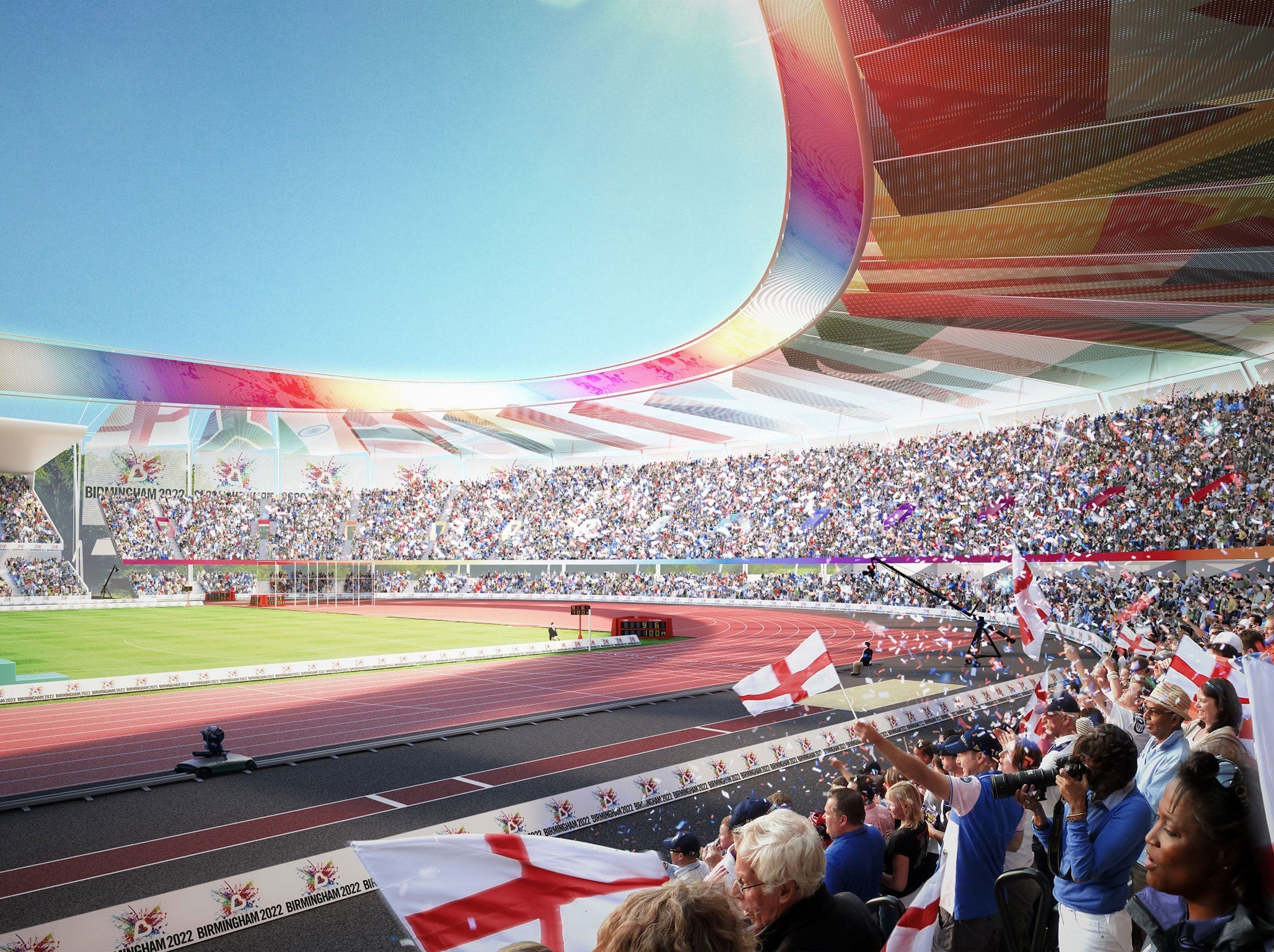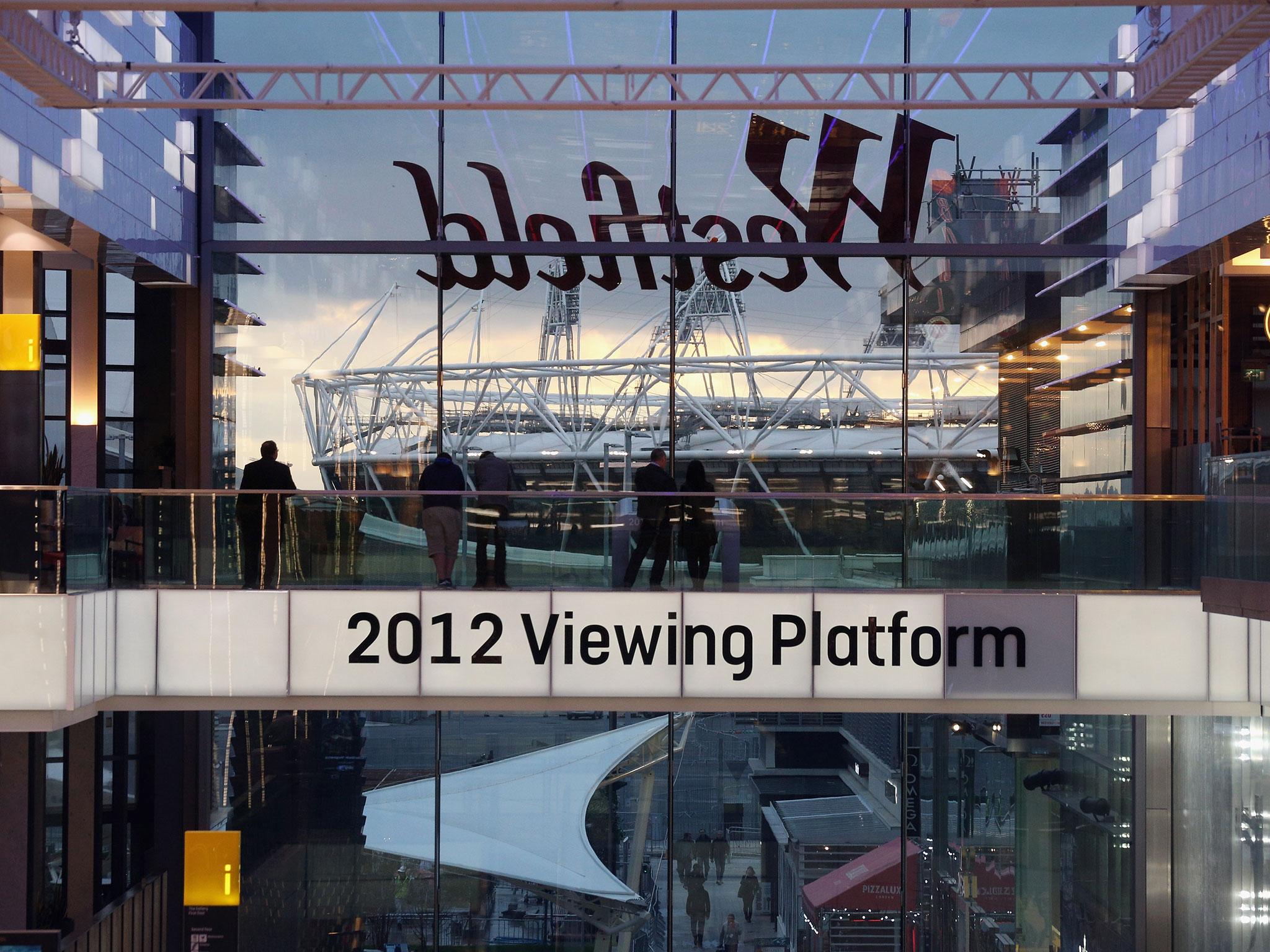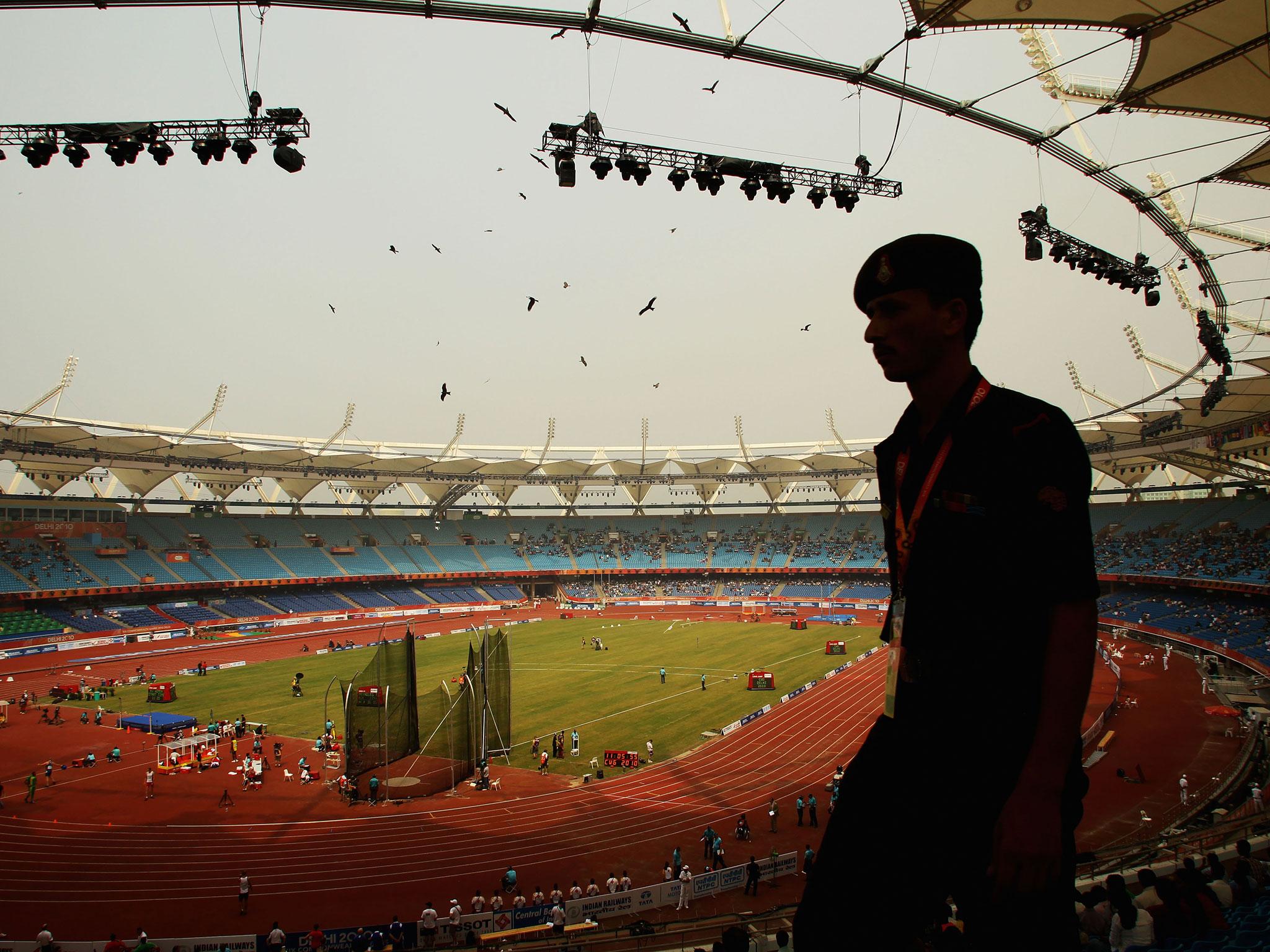Be warned, Birmingham, the Commonwealth Games are nothing but an exercise in broken promises
Forget the medals, forget a tourism boom and forget the legacy. Perhaps the real triumph that Birmingham 2022 should hope for is just to keep costs down

People of Birmingham, rejoice! The 2022 Commonwealth Games are yours and, with it, an economic bonanza. To West Midlands mayor Andy Street, it is nothing less than a "fantastic Christmas present for our region".
It is promised that regeneration, 1,000 new homes, improvements in public transport, 4,500 jobs in the West Midlands every year until 2022, and 950 extra jobs per year thereafter will all follow. Birmingham City Council’s cabinet report has found that the Games will generate a gross economic benefit of £442m to the city and one of £1.1bn to the UK.
If only it were that simple. The world over, hosting elite sports tournaments has proved to be an exercise in bogus ‘benefits’ produced by consultancies, uncontrolled costs - like going to the pub and only budgeting for the first drink – and vain politicians losing sight of what cities actually need their cash spent on: schools, hospitals and homes.
Consider London 2012. This would be a rigorously costed event that would boost the UK’s image and, most importantly, deliver benefits far after the party was over. “Legacy is probably nine-tenths of what this process is about,” declared Sebastian Coe, chairman of London 2012, in 2006.
When London successfully bid for the Games in 2005, it did so with a strict budget: £2.4bn. After the Games, the government proudly declared that London was over £500m “under budget”. Sounds great: until you realise that the revised budget was over £9bn. Even the government’s stated final figure of £8.77bn understates the true cost of the Games: £13.5bn, when taking into account the opportunity costs of the use of public officials, according to Andrew Zimbalist, author of a book on hosting sports events.
Yes, London 2012 led to some significant regeneration in East London - it is just that this would have been several billion less expensive without hosting the Games. The lasting victors of London 2012 were West Ham United’s owners, who received a £700m subsidy of taxpayers’ money for their new stadium.
And what of the tourism influx which Birmingham is now promised? People will certainly come to Birmingham to watch the Commonwealth Games, but history suggests that at least as many will be dissuaded from going. When London hosted the 2012 Games, it actually received 6 per cent fewer tourists than at the same time in 2011.

None of these problems are exclusive to sport; they affect all public construction projects. In 1997, the new Scottish Parliament building was budgeted at £40m. As costs soared, a strict £195m “cap on costs” was imposed in 2000. By the time the building was finished in 2004, it cost over £400m.
The psychologist Daniel Kahneman calls this phenomenon the planning fallacy: costs are downplayed, benefits are exaggerated, and those behind projects are incapable of learning from the abject failures of others. As Bent Flyvbjerg, an expert on megaprojects, including sports events, has observed: “A budget reserve is to contractors as red meat is to lions, and they will devour it.”
For the people of the West Midlands, who are expected to pay £180m (to dilute the financial burden of Birmingham residents alone) and the UK government taxpayers who have so far fronted up to £560m (meaning those in the West Midlands will effectively pay for the Games twice) perhaps the best thing to recommend the Commonwealth Games is that it is not the Olympics. The fabricated benefits are far less, and so are the true costs - even if taxpayers can expect their bill for the 2022 Games to be repeatedly revised upwards on the sly.
Still, even the Commonwealth Games can descend into a festival of opulence - a party for those who can afford it, wholly ignoring what a city’s residents really want or need. The 2010 Games in New Delhi were particularly shameful. After a promised economic boon - sounds familiar? - all that was left for Indian taxpayers was a hefty bill, diverting money that could have been far better spent addressing poverty. “Whether you organise the Commonwealth Games in Delhi or in Melbourne, the state of people living right opposite the Games site will remain the same,” India’s former sports minister Mani Shankar Aiyar lamented before the 2010 Games.

The last Commonwealth Games, in 2014, was nothing like as bad. Yet even the Scottish government’s own legacy report in 2015 - and it is in the interests of these things to be optimistic - said that “at the Scotland level, the immediate economic impact of the delivery of the Games is broadly similar to the impact of…standard government expenditure”.
In other words, even the official verdict on the Commonwealth Games was that the public money invested in the event had no greater economic benefits than if it had been spent elsewhere. One year after the Games, only 1 per cent of Scots had become more physically active as a result of the Games. The Scottish government’s report claimed that the Games’s legacy could improve, if stadiums host other events. But it is just as likely that its legacy will worsen, because of the maintenance costs of facilities that are seldom used.
Think of a racetrack that hosted Olympic cycling at Beijing 2008 that is now weed-infested; the $270m stadium in Manuas built for the 2014 World Cup in Brazil that now hosts fourth division football; or the Olympic Swimming Complex built for Athens 2004 which has never been used since. All of this is why hosting sports events in democracies has become so unpopular that Birmingham’s only competitor for the 2022 Commonwealth Games was Liverpool.
So forget medals, forget a tourism boom and forget legacy. Perhaps the real triumph that Birmingham 2022 should hope for is just to keep costs down.
Join our commenting forum
Join thought-provoking conversations, follow other Independent readers and see their replies
Comments
Bookmark popover
Removed from bookmarks